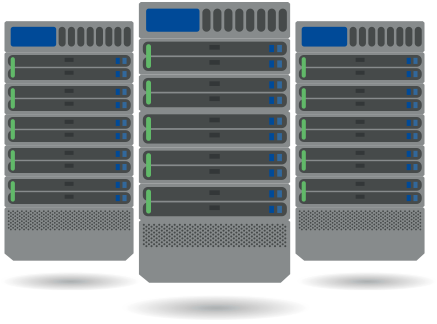
Keeper Technology assists customers with their on-premise storage solution decisions by highlighting the trade-offs associated with on-premise versus cloud storage. Choosing on-premise storage systems allows for greater data control, providing cost-effective performance, improves data sovereignty and privacy concerns, and helps meet specific compliance or regulatory requirements.
Key Considerations
Having an on-premise storage capability provides immediate, reliable access to data for environments with sensitive information or heavy data processing needs.
DATA CONTROL
On-premise storage allows organizations to maintain full control over their data, ensuring that it is secure and compliant with industry regulations. By keeping data on-premise, organizations can also avoid concerns related to data sovereignty and privacy.
PERFORMANCE
On-premise storage can offer faster access times and lower latency compared to cloud storage, which can be important for applications that require high-speed access to data.
COST SAVINGS
On-premise storage can be more cost-effective than cloud storage over the long-term, particularly for organizations that have significant storage requirements. By keeping data on-premise, organizations can avoid the recurring costs associated with cloud storage.
COMPLIANCE
Organizations with on-premise storage have direct control over their data, enabling them to implement and enforce their own security measures. It allows for more stringent data protection, adherence to industry-specific regulations, and the ability to maintain compliance without relying on third-party cloud providers.

Bottom Line
Overall, the combination of on-premise storage and cloud compute architectures can provide organizations with a flexible, cost-effective, and secure solution for managing their data and computing needs. By leveraging the benefits of both on-premise and cloud technologies, organizations can optimize their infrastructure and resources to meet their specific needs and requirements.

